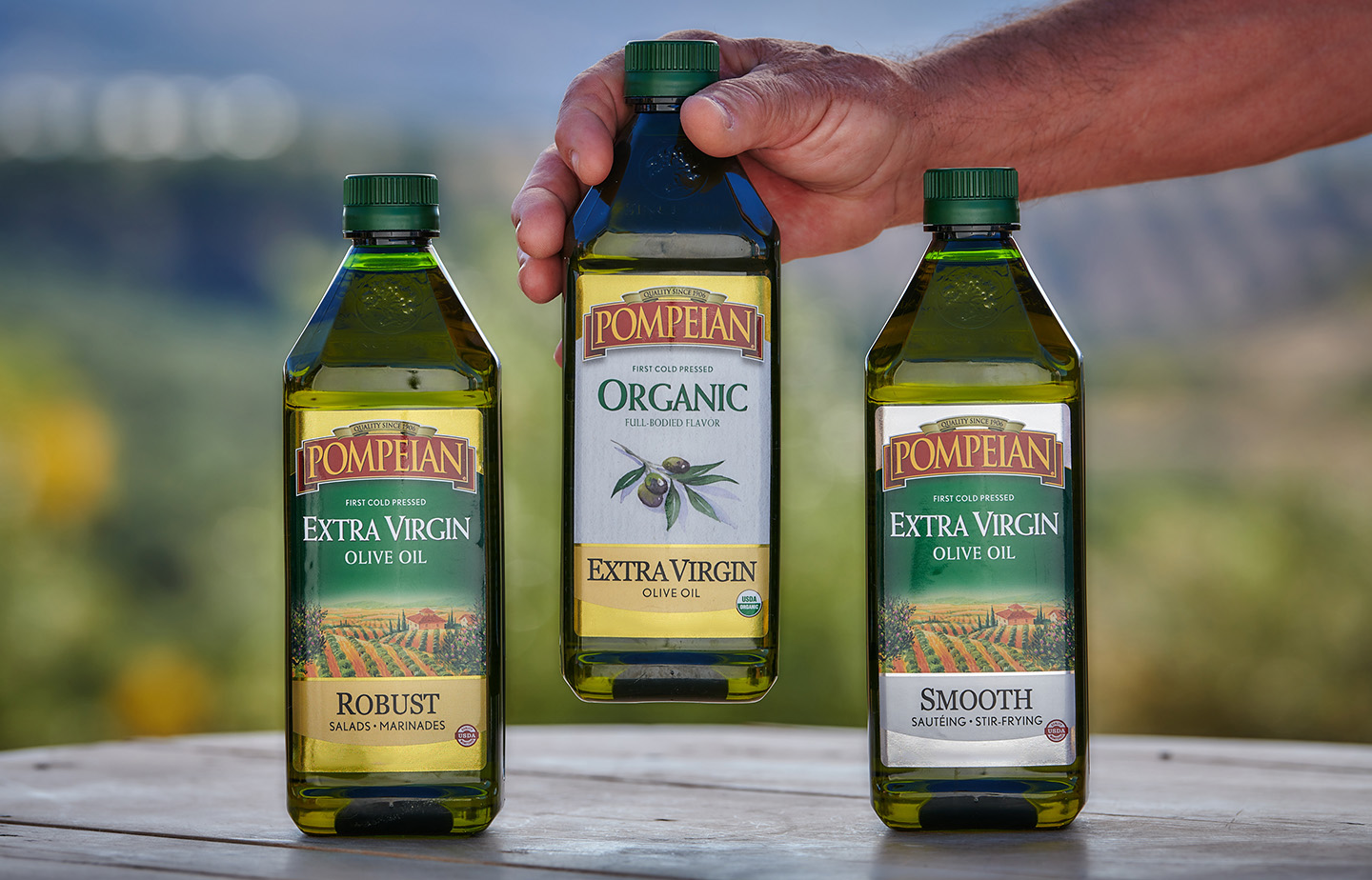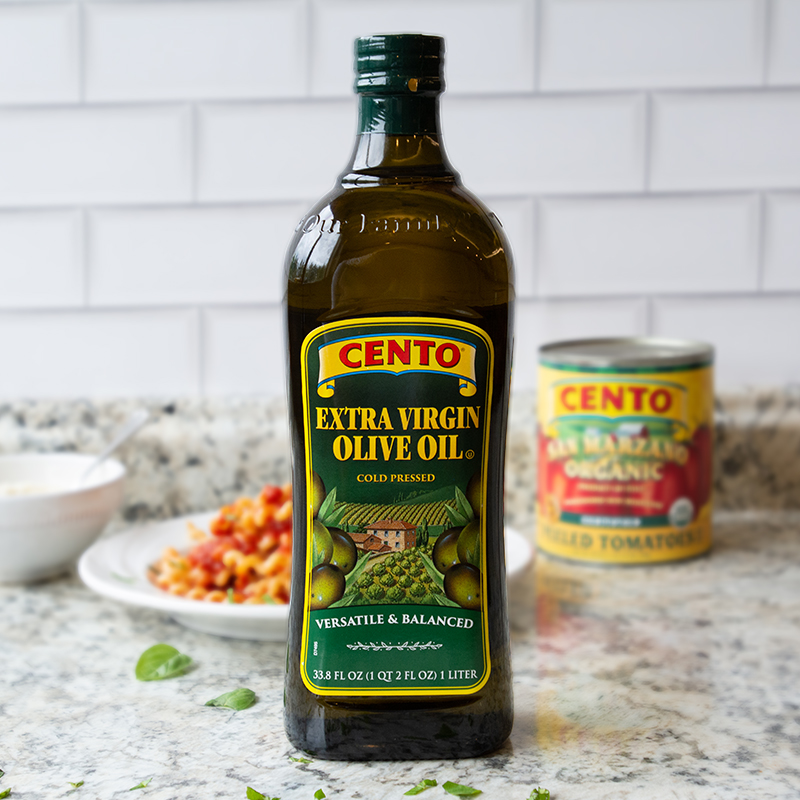Extra Virgin Olive Oil Benefits: How It Helps to Regulate Blood Sugar
Extra Virgin Olive Oil Benefits: How It Helps to Regulate Blood Sugar
Blog Article
Checking Out the Various Kinds Of Olive Oil and Their Usages, Including Extra Virgin Olive Oil
The expedition of olive oil incorporates a varied series of types, each offering distinct flavors and culinary applications. Extra virgin olive oil, renowned for its premium high quality and wellness benefits, offers as a staple in numerous cooking areas, yet it is just one element of this diverse active ingredient. extra virgin olive oil benefits. Other ranges, such as refined and pure olive oils, additionally require focus for their distinct homes and usages. Understanding these differences can significantly affect both cooking methods and taste profiles. What, after that, should one take into consideration when choosing the appropriate olive oil for a details culinary undertaking?
What Is Olive Oil?
Stemmed from the fruit of the olive tree, olive oil is a staple in Mediterranean cuisine and an essential component in numerous culinary applications. This flexible oil is generated by pushing entire olives, resulting in a liquid that differs in taste, color, and fragrance depending upon the sort of olives made use of, the area of farming, and the extraction process. Olive oil is primarily composed of monounsaturated fats, especially oleic acid, which is known for its possible health and wellness advantages, including anti-inflammatory buildings and cardio support.
Along with its cooking usages, olive oil has a lengthy history of application in typical medication and skincare, owing to its abundant antioxidant content (extra virgin olive oil benefits). The oil is typically utilized in dressings, marinates, and for cooking methods such as sautéing and roasting. Its unique taste account can improve the taste of different meals, making it a vital active ingredient for both home cooks and expert chefs
Moreover, olive oil is celebrated for its role in the Mediterranean diet regimen, which is linked with numerous health advantages. As recognition of these advantages grows, olive oil remains to get appeal worldwide as a fundamental part of a healthy lifestyle.
Sorts Of Olive Oil
Recognizing the various kinds of olive oil is vital for both cooking lovers and health-conscious customers. Olive oil is categorized mainly based upon its extraction method and top quality, which significantly influences its health, taste, and scent advantages.

Light olive oil, despite its name, refers to a lighter taste and not reduced calories. It is perfect for those seeking a more refined taste in marinates and dressings. Furthermore, there are flavored olive oils instilled with natural herbs, seasonings, or citrus, which can boost dishes without the need for added flavoring.
Each type of olive oil offers certain cooking objectives, and recognizing these differences allows consumers to make enlightened choices that line up with their cooking designs and wellness objectives.
Additional Virgin Olive Oil
Additional virgin olive oil (EVOO) is commonly related to as the best quality olive oil offered, celebrated for its my link rich taste and countless health advantages. To be categorized as added virgin, the oil needs to be generated from fresh olives utilizing mechanical processes, without the usage of solvents or too much warm. This thorough approach maintains the oil's natural flavors, antioxidants, and healthy fats, resulting in an item with a reduced acidity level of less than 0.8%.
EVOO is abundant in monounsaturated fats, specifically oleic acid, which is connected to minimized swelling and enhanced heart health. It likewise consists of polyphenols, effective anti-oxidants that might offer safety results versus persistent conditions. The flavor account of EVOO can differ dramatically depending upon the olive range and region of manufacturing, varying from grassy and fruity to durable and peppery.

Culinary Uses of Olive Oil

In food preparation, olive oil can be made use of for sautéing, roasting, and barbecuing, giving a healthier option to butter or other fats. Its high smoke factor makes it appropriate for various cooking techniques, while its anti-oxidants add to a heart-healthy diet regimen. Showering olive oil over finished meals, such as pasta, fish, or barbequed veggies, can raise tastes and add a touch of style.
Additionally, olive oil plays a considerable function in baking, where it can replace standard fats in dishes for bread and breads, passing on dampness and a subtle preference. It also works as a base for infused oils, enabling cooks to explore flavors such as garlic, natural herbs, or chili, further broadening its culinary capacity. In general, olive oil's versatility makes it indispensable in both home and professional kitchens.
Choosing High Quality Olive Oil
When choosing quality olive oil, it's necessary to think about several vital factors that influence the item's taste, health and wellness, and scent benefits. Opt for additional virgin olive oil (EVOO), which is acquired from the first cool pressing of olives and has the greatest levels of antioxidants and helpful compounds. Seek oils that are certified by identified organizations, as this usually makes sure adherence to rigid quality requirements.
The product packaging likewise plays a considerable duty in protecting the oil's honesty. Choose oils saved in dark glass bottles or tins to secure against light degradation. Take note of the harvest date; Website fresher oils offer premium flavor and nutritional value, so pick items that are within 18 months of their harvest.
In addition, consider the origin of the oil. Premium olive oils commonly originate from details regions known for their distinct flavor profiles, such as Italian, Spanish, or Greek oils. Be aware of the taste; a good quality olive oil must have a balance of fruity, bitter, and sharp notes, suggesting its splendor and intricacy. By evaluating these elements, you can ensure you are selecting the most effective olive oil for your cooking requirements.
Verdict
In recap, the exploration of numerous types of olive oil exposes distinctive attributes and applications, with added virgin olive oil representing the peak of quality due to its low level of acidity and high antioxidant content. Comprehending the different ranges of olive oil permits for informed options in food preparation methods, promoting much healthier techniques while enriching the general gastronomic experience.
Acquired from the fruit of the olive tree, olive oil is a staple in Mediterranean cuisine and an essential active ingredient in various culinary applications.The most typical kinds of olive oil consist of refined olive oil, pure olive oil, and light olive oil.Additional virgin olive oil (EVOO) is commonly pertained to as the highest high quality olive oil read what he said readily available, popular for its rich flavor and various wellness advantages. Opt for extra virgin olive oil (EVOO), which is obtained from the very first chilly pushing of olives and has the highest levels of antioxidants and useful substances.In recap, the expedition of numerous kinds of olive oil exposes distinctive characteristics and applications, with extra virgin olive oil representing the pinnacle of quality due to its low acidity and high antioxidant content.
Report this page